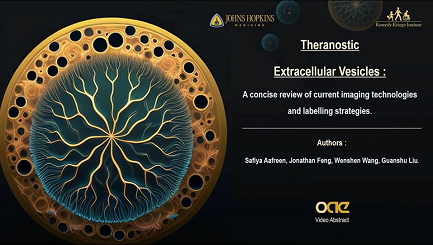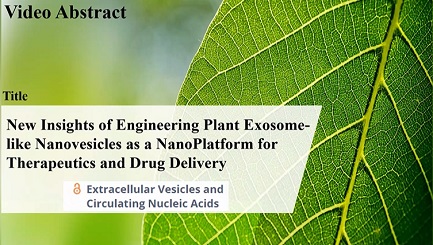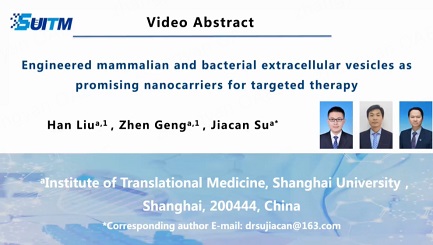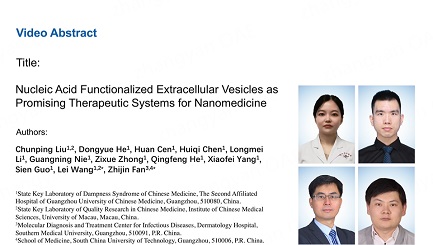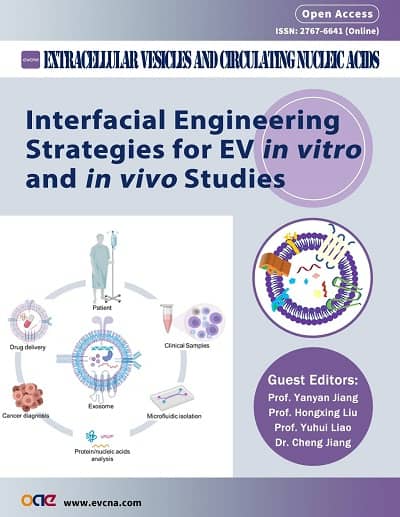
Topic: Interfacial Engineering Strategies for EV in vitro and in vivo Studies
A Special Issue of Extracellular Vesicles and Circulating Nucleic Acids
ISSN 2767-6641 (Online)
Submission deadline: 30 Sep 2022
Guest Editor(s)
Prof. Yanyan Jiang
School of Materials Science and Engineering, Shandong University, Jinan, Shandong, China.
Prof. Hongxing Liu
The First Affiliated Hospital of Guangzhou Medical University, Guangzhou Medical University, Guangzhou, Guangdong, China.
Prof. Yuhui Liao
Molecular Diagnosis and Treatment Center for Infectious Diseases, Dermatology Hospital, Southern Medical University, Guangzhou, Guangdong, China.
Special Issue Introduction
Extracellular vesicles are the typically natural biological particles that carry and deliver molecular fingerprints from parental cells to receptor cells to take effect. The EVs are widely recognized as a big treasure based on their role as intercellular communication mediators and high correlation with disease evolution. The recent decade has witnessed rapid advancements in many aspects, especially biomarker profiling and therapeutics.
With the embracement of scientists from biology, physics, chemistry, material, electrical engineering, mechanical engineering, etc., joint efforts have been devoted to the exciting field to facilitate translation of EV study from fundamental molecular mechanism to EV based translational medicine covering the EV marker-based diagnostics and EV based drug delivery, which can be readily realized by diverse interfacial engineering strategies to permit in vitro and in vivo studies. Through the Special Issue, we welcome the research articles/reviews/ new insights covering but not limited to the following two topics:
● Engineered sensing interfaces design and device development towards in vitro and/or in vivo EV detection, including EV marker discovery/validation, quantification of EVs and their internal cargos like proteins and nucleic acids at either bulky or single-EV level, etc.;
● Engineered EVs and their mimetics obtain functional therapeutics platform for in vivo drug delivery by the integration of nanostructures of different sizes, shapes, and surface properties with EVs for drug loading, target binding, efficient delivery, and therapy.
Submission Deadline
30 Sep 2022
Submission Information
For Author Instructions, please refer to https://www.oaepublish.com/evcna/author_instructions
For Online Submission, please login at https://oaemesas.com/login?JournalId=evcna&SpecialIssueId=evcna211019
Submission Deadline: 30 Sep 2022
Contacts: Lily Shang, Assistant Editor, paula@oaepublish.com


